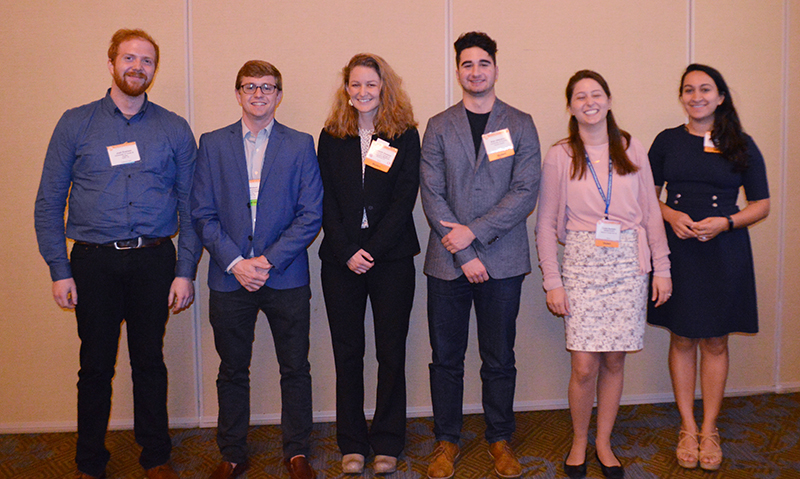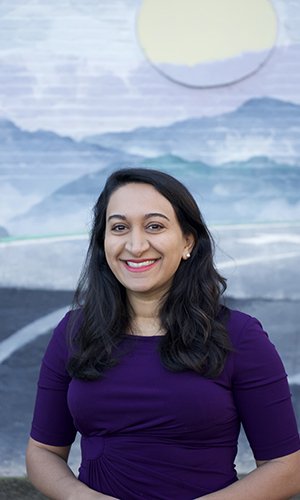Membership
Meet a Member
Vinita Leedom, MPH
South Carolina Department of Health and Environmental Control
What type of research do you do?
For my job, I work as a birth defects program manager at the state health department in South Carolina. My team collects data on structural malformations in infants and fetuses from all hospitals and major clinical providers. We use this information for epidemiological purposes and referrals of families to services. We also track perinatal outcomes of emerging infections such as Zika and Covid-19. I am also a graduate student at the University of South Carolina. For my PhD research, I am looking at the epidemiology and disparities in health outcomes of infants with common trisomies in South Carolina.
What are some of the challenges you have encountered, and how did you address them?
In the short term, I’ve found it challenging to juggle a full-time job, parenting, and graduate school without family around. I want to give everything I care about 100% and being a primary caregiver of two small children has really pushed me to learn how to be productive. For me, success comes down to excellent time management and healthy habits. I prioritize things frequently, use time-tracking tools such as 15 Minute Day Planners, and software such as Evernote. I don’t spend much time on social media or watching TV and I surround myself with positive and resilient people. I listen to a lot of books on productivity. Some of my recent favorites are Deep Work by Cal Newport, Mindset by Carol Dweck, and Atomic Habits by James Clear.
Why did you join the Society for Birth Defects Research and Prevention (BDRP), and what does it mean to you to be involved in BDRP?
I manage a birth defects surveillance program. Joining BDRP has allowed me to bridge the gap between my public health and clinical research knowledge in the area of birth defects. I am intrigued by the breadth of knowledge and experience held by BDRP members and love the active engagement of membership. As a doctoral student, joining BDRP has also helped me to learn about current research in birth defects and possible implications on my area of study—birth defects surveillance.
BDRP is a warm and welcoming community of students, scientists, policy makers, and government officials who all want to improve the health of women and infants through their work. I know I can count on BDRP to keep us informed about what is important in the birth defects research and prevention world.



